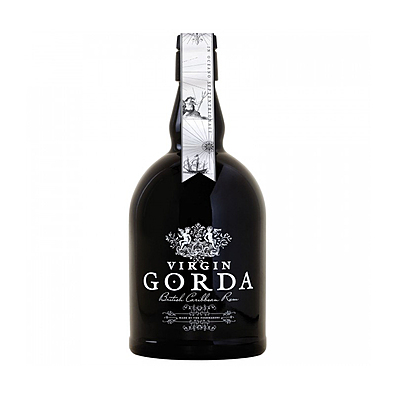Virgin Islands BR
The British Virgin Islands (BVI), famed for their breathtaking seascapes and storied sugar plantations, hold a rum legacy deeply entwined with their colonial history.
During Danish and later British rule, the BVI was home to numerous sugar estates where plantation laborers transformed molasses—a by-product of sugar production—into rustic rum using pot stills and animal-powered mills. These small-scale, often artisanal operations laid the foundation for a vibrant rum culture woven into the islands’ identity.
Historic sites such as Estate Carolina and the Reef Bay Sugar Factory on St. John preserve remnants of 18th- and 19th-century distilleries—original stills, stone chimneys, and mill structures—that offer tangible connections to this rich legacy.
In the 1930s, economic hardship from Prohibition and the Great Depression prompted the creation of the Virgin Islands Company (VIC) as a U.S. New Deal initiative. The VIC rejuvenated cane fields and factories, amassed substantial rum stocks, and sustained local employment and spirit-making traditions until its dissolution in 1965.
Today, although the BVI no longer hosts large-scale spirits production, its rum heritage endures through cultural storytelling, agricultural archaeology, and immersive tourism experiences, inviting visitors to discover the islands’ remarkable rum-making past.














